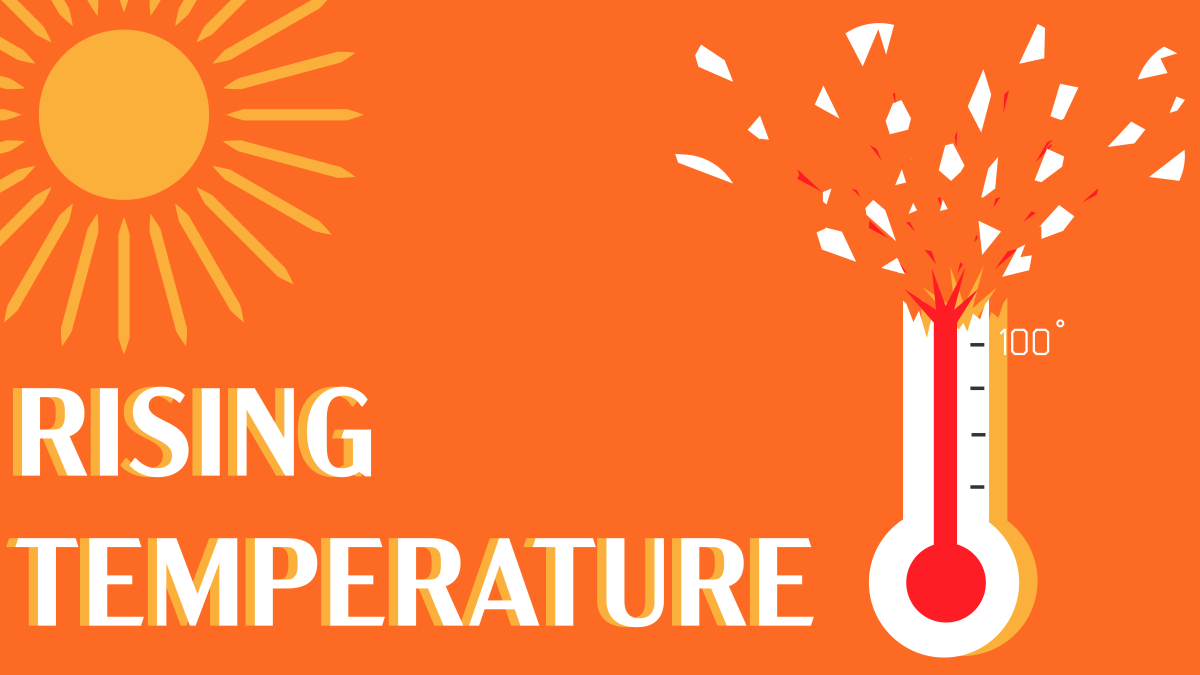The blazing Louisiana sun bears down on students as they walk around campus. This heat can impact students physically and emotionally, but if they know how to stay safe and avoid heat exhaustion, they can keep themselves safe.
Heat stroke and exhaustion are the greatest risks of too much time in the sun.
Michael C. Eberhard, the LSU director of wellness and health promotion, said that heat exhaustion isn’t usually thought of until someone or their friend starts to get symptoms.
“Raising awareness is key and is something the university can always do more of to keep it at the forefront of students’ minds,” Eberhard said.
Eberhard shared a number of tips for students: wearing lightweight clothes, drinking plenty of fluids, staying indoors at the hottest part of the day and getting acclimated to the weather by spending time outside on a regular basis.
The Student Health Center actively tries to inform students and educate them on how to deal with the heat.
“Our health educators and peers will do outreach events and provide fans and tips for preventing heat exhaustion,” Eberhard said.
But there’s only so much that the Student Health Center can do to inform and aid in preventing heat exhaustion. Ultimately, it’s every student’s responsibility to stay hydrated and listen to their bodies, Eberhard said.
Personally, I suffer from low blood pressure, so if I don’t stay hydrated, I may pass out. Others may have similar problems.
Heat can cause serious health problems, but it’s also draining on an emotional level.
“Being hot makes me more prone to being upset,” said Jaidyn Procell, a psychology junior.
Heat can affect people emotionally by spoiling their moods and making them irritable. I become irritable as soon as I’m hot, especially when I’m covered in sweat that won’t evaporate.
Procell said the university could help students by ensuring all buildings have working air conditioners. She said that she has classes with broken A.C. units in Lockett and Allen halls.
Procell said she stays hydrated but knows that other students forget to drink water.
This is the case for pre-nursing freshman Nia Laugande, like many others.
Laugande said the university could help students beat the heat by adding more transit spots and sending out warnings on days the temperature is high.
It’s important that students try to combat high temperatures by staying hydrated and following the tips given by the Student Health Center. Whether they’re walking to class or working outside, students need to drink water throughout the day to avoid heat-related illnesses.
Just because you haven’t been affected yet, doesn’t mean it can’t happen to you. In extremely high temperatures, try to avoid heat exposure and keep yourself safe.
Kate Beske is a journalism sophomore from Destrehan.





